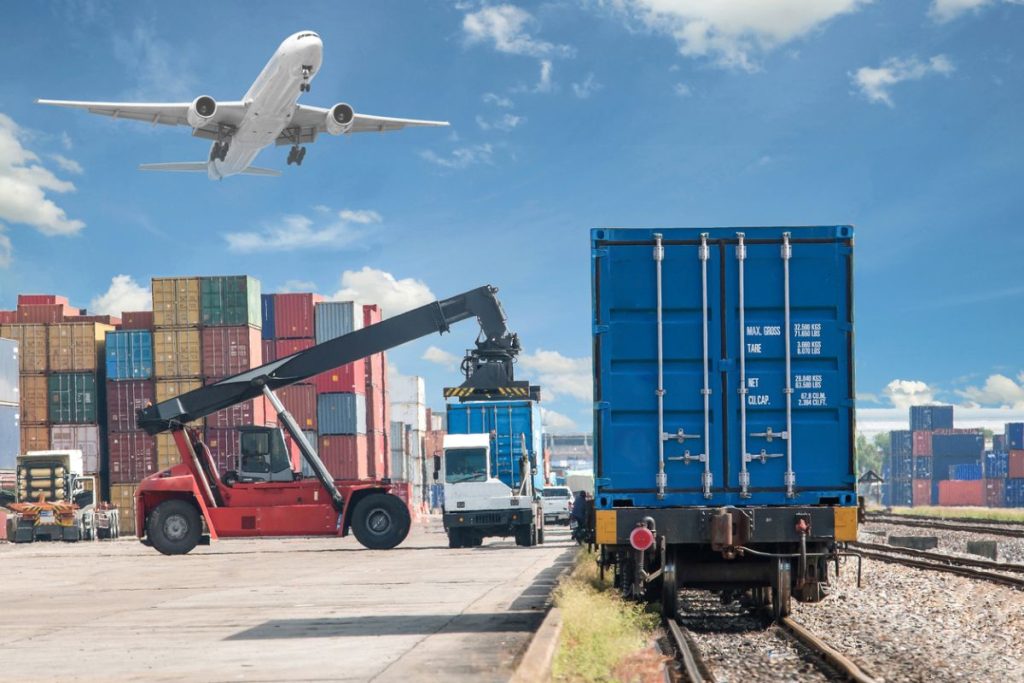Cold chain logistics is a critical component of the modern food supply chain, dedicated to preserving the freshness and quality of perishable goods from their point of origin on the farm to the consumer’s table. This intricate network of temperature-controlled storage, transportation, and distribution ensures that products like fresh produce, dairy, meat, and seafood remain at optimal conditions throughout their journey. The cold chain begins at the farm, where products are harvested and immediately stored in refrigerated storage facilities to prevent spoilage. From there, the products are carefully loaded into refrigerated trucks, containers, or warehouses, maintaining the required temperature conditions throughout the transportation phase. Temperature monitoring systems, such as temperature sensors and GPS tracking, play a vital role in ensuring the precise control of the environment, allowing for real-time monitoring and quick response to any deviations from the desired temperature range.
The significance of cold chain logistics is evident when we consider the impact on product quality and safety. Perishable goods are susceptible to bacterial growth, enzymatic reactions, and quality deterioration when exposed to temperature fluctuations. By maintaining the cold chain, the growth of harmful microorganisms is slowed, and the product’s shelf life is extended, reducing food waste and ensuring consumers receive safe and high-quality food products. Furthermore, it allows for the transportation of goods across longer distances and to more distant markets, enabling consumers to enjoy a wide variety of fresh produce, even if it is out of season locally. In addition to preserving product quality, cold chain logistics is vital for maintaining food safety. The controlled environment inhibits the growth of pathogenic bacteria, such as Salmonella and E. coli, that can cause foodborne illnesses. This is especially important for products like raw meat, seafood, and dairy, which are particularly vulnerable to contamination in the Ketentuan dan cara daftar lalamove driver. Stringent regulations standards are in place to govern the handling and transportation of temperature-sensitive products to ensure that they meet the highest safety and quality standards.

forklift handling container box loading to freight train
The importance of the cold chain extends beyond the farm-to-table journey; it also has a significant impact on the global economy. It enables the international trade of perishable goods, fostering economic growth and providing livelihoods to countless individuals involved in the supply chain, from farmers and producers to truck drivers and warehouse operators. Consumers worldwide can enjoy a diverse range of fresh, seasonal, and exotic products, regardless of geographic limitations. In conclusion, cold chain logistics is a vital element of the modern food supply chain, dedicated to safeguarding the freshness and safety of perishable products from their source to the consumer’s table. By maintaining precise temperature control and adherence to stringent safety standards, it not only reduces food waste and extends product shelf life but also promotes international trade, economic growth, and food security. In an era where consumers demand fresh and safe food products.